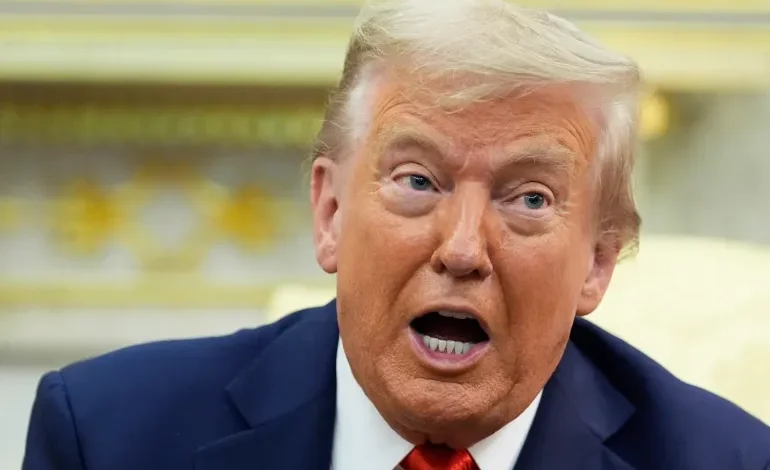Trump response to Israel’s Qatar attack undermines US credibility: Analysts

The Israeli attack against Hamas leaders in Qatar has prompted familiar headlines in the United States about the president being unhappy with Israel.
Over the past two years, as the US has provided Israel with billions of dollars to help fund the war on Gaza, there have been numerous stories about the White House – under both Joe Biden and Donald Trump – being frustrated with Israeli conduct.
But the attack on a US partner that works closely with Washington on various issues and hosts one of the largest US military bases in the Middle East was a major escalation.
Still, Trump’s response has so far been muted. On social media, he said he felt “very badly” about the location of the attacks and later told reporters he was “not thrilled” by Israel’s actions.
It took the White House hours to address the assassination attempt on Tuesday, and when it did, it stopped short of condemning the attack. “Unilaterally bombing inside Qatar, a sovereign nation and close ally, does not advance Israel or America’s goals,” White House spokesperson Karoline Leavitt said. “However, eliminating Hamas, who have profited off the misery of those living in Gaza, is a worthy goal.”
Experts say Trump’s failure to take a firmer position will likely further erode Washington’s credibility in the region and raise questions about the broader ties between the US and the Gulf.
“The response was contradictory, did not make sense, lacked in diplomacy and it lacked in substance,” said Khalil Jahshan, the executive director of the Arab Center Washington DC. “It is not befitting a superpower.”
Trump later reiterated Leavitt’s statement, saying he promised Qatar’s emir that such an attack would not happen again.
But less than 24 hours later, Israeli Prime Minister Benjamin Netanyahu and his envoy to the US both appeared to threaten Qatar with further attacks.
As of Wednesday afternoon, the State Department still has not commented on the attack, despite the status of Qatar as a major non-Nato ally of the US.
Red lines crossed
The White House initially said the US informed Qatar of the attack before it happened, but after Doha quickly denied the claim, Trump later acknowledged that by the time his envoy Steve Witkoff spoke to Qatari officials, it was “too late”.
The assassination attempt failed to kill Hamas’s top leaders but killed six people, including a Qatari security officer.
Doha described the Israeli attack as “treacherous”, noting that the Hamas leaders who were targeted were discussing Trump’s own ceasefire proposal, and their meeting was not a secret.
Kristian Coates Ulrichsen, fellow for the Middle East at the Baker Institute, said the Israeli attacks cast doubt over the US role as a broker in the region, noting that Washington was similarly negotiating with Tehran when Israel attacked Iran in June.
“Certainly, the US as a state that can negotiate in good faith is being called into question,” he told Al Jazeera.
Coates Ulrichsen stressed the significance of the Israeli attacks, which he said crossed “strong red lines” that will be difficult to uncross.
He said the Israeli attacks upended the assumption that Gulf countries are beyond Israel’s military reach due to their defence partnerships with the US.
Coates Ulrichsen drew parallels between the Israeli assassination attempt in Doha and the 2019 drone attacks on Saudi oil facilities, which Riyadh blamed on Iran – a charge Tehran denied.
Trump, then during his first term, did not come to Saudi Arabia’s help after that attack, prompting several Gulf states to de-escalate tensions with Iran, culminating in the restoration of diplomatic relations between Riyadh and Tehran in 2023, brokered by China.
“We have to wait and see what the consequences of this attack will be, but they could be just as consequential potentially if they contribute to the perception in the Gulf that the US security umbrella and deterrence is in question,” Coates Ulrichsen said.










